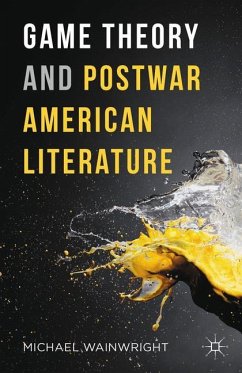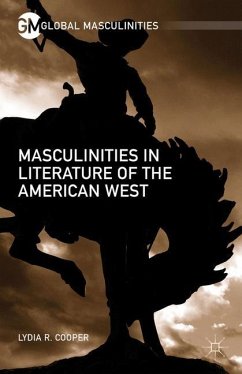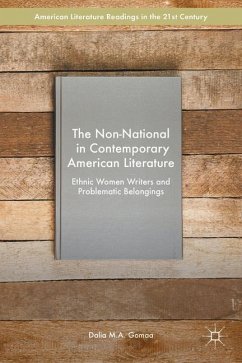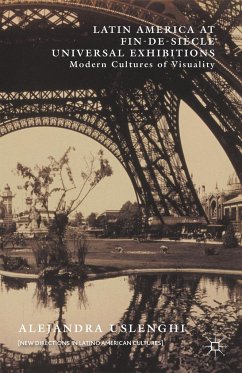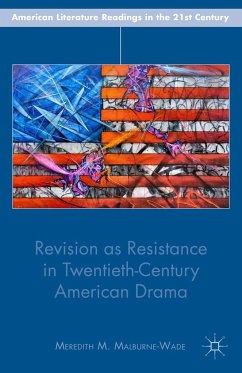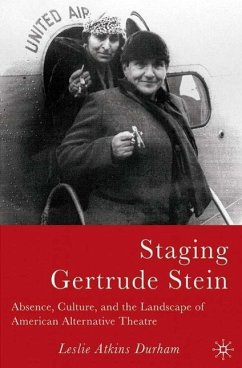
Game Theory and Minorities in American Literature

PAYBACK Punkte
19 °P sammeln!
This pioneering study applies game theory to a selection of minoritarian texts from the American canon. Concentrating on rational decision making, the discussion introduces the most common social dilemmas such as the Stag Hunt and the Prisoner's Dilemma as a means of interpreting works by writers such as Douglass, Hurston, and Morrison.
This interdisciplinary monograph applies the theory of games of strategy (or game theory) to an important subset of American literature: minoritarian texts. Fittingly, John von Neumann's game theory, as a mathematical subdiscipline practically abandoned by its founder after the publication of 'Zur Theorie der Gesellschaftsspiele' (1928), but purposefully reengaged with on his permanent relocation to America in 1938, carries the minoritarian credentials of a Hungarian-born national of Jewish descent. The state of international politics in the late 1930s certainly contributed to von Neumann's renewed interest in his theory, but a socioeconomic environment built on the legacy of slavery focused a reengagement with coordination problems that would last until his death. In these strategic situations, people must make choices in the knowledge that other people face the same options and that the outcome for each person will result from everybody's decisions. The four most frequently encountered coordination problems are the Stag Hunt, the Prisoner's Dilemma, Chicken, and Deadlock Minoritarians find majoritarian attempts to control these social dilemmas particularly challenging. Hence, a game-theoretically inflected hermeneutic that identifies the logical, rational, and strategic state of human interrelations not only helps to categorize, but also to analyze minoritarian texts. The authors under detailed consideration are Benjamin Franklin, Frederick Douglass, Harriet A. Jacobs, Zora Neale Hurston, William Faulkner, Toni Morrison, and Mohsin Hamid.



